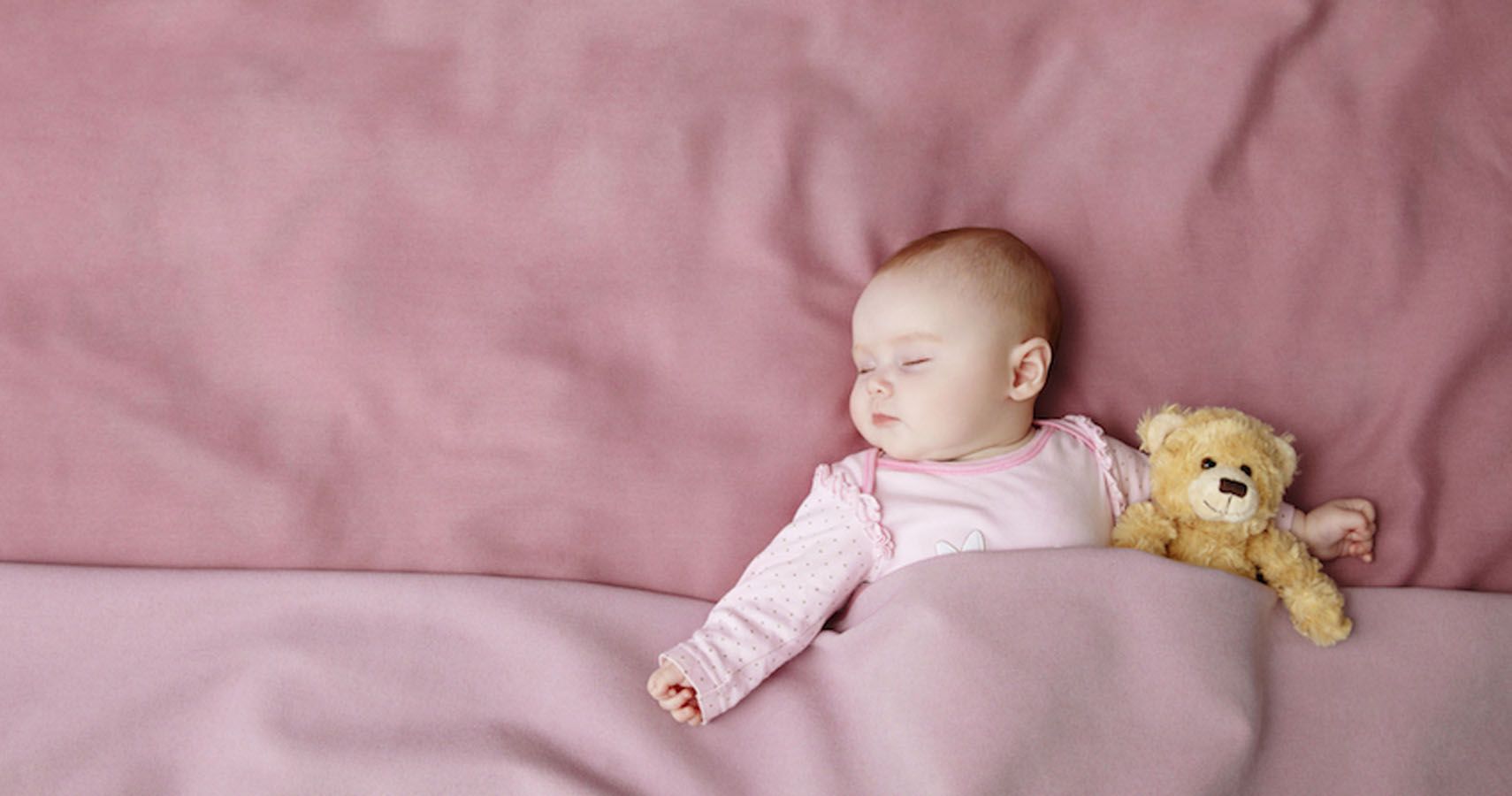Summer is upon us and things are getting hot with a capital H. The UK has seen its hottest June day on record with temperatures reaching the high 20's and even 30 degrees Celcius, while Florida and California are also gearing up for another scorching summer. These types of temperatures can make it difficult for anyone to sleep at night, especially when you don't have the luxury of air conditioning. When it comes to babies, it can be a nightmare for everyone involved. Not only are they boiling and uncomfortable, but if they don't sleep then neither do we. Let's take a look at some ways you can help your little one sleep through the hot summer nights.
PREVIOUSLY: SLEEP PROBLEMS BABIES WILL NEVER GROW OUT OF
It might sound obvious, but choosing the right bedding is half the battle. According to infant sleep consultant Annie Simpson, parents should keep nightwear as light as possible and use natural, breathable bedding. If necessary, there's nothing wrong with putting your baby to sleep in just a nappy and a light cotton blanket. Simpson also attests to the benefits of a cool bath figured into the nighttime routine, to help kickstart the wind-down process and lower baby's body temperature as they get ready for bed.
Keeping your curtains or blinds closed throughout the day can help keep your house cool by blocking out the heat of the sun. Opening windows throughout the home can create a good through-breeze that can last well into the evening, but be cautious around crawling or mobile babies. If you're worried about them climbing out then several fans in your most used rooms will do the trick too. Placing a frozen bottle of water in front of the fan will give an extra-chilled effect.
Heat isn't the only culprit that keeps babies awake in the summertime. With heat comes a lot of sunshine, and light summer evenings can be a curse for an infant's body clock. Investing in a good set of blackout blinds can combat both issues, by keeping the room cool and blocking out the light.
In these summer months, it's important to keep an eye on the temperature of your child's room. High temps have been known to increase the risk of SIDS. An ideal room temperature is between 18 and 22 degrees Celcius, or 64.4 and 71.6 degrees Fahrenheit.

